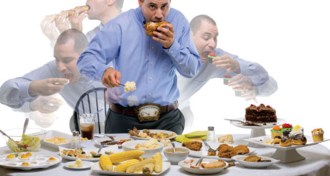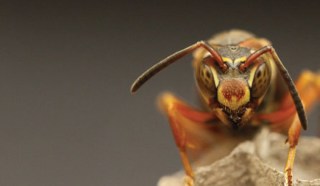Humans
Sign up for our newsletter
We summarize the week's scientific breakthroughs every Thursday.
-
 Humans
HumansCar-crazy kid wins middle school science competition
First place at Broadcom MASTERS goes to 14-year-old who studied automotive aerodynamics.
-
 Health & Medicine
Health & MedicineCommon heart treatment fails to help
People prescribed beta blockers are no more likely to avoid a heart attack or stroke than those not getting them.
By Nathan Seppa -

-
 Health & Medicine
Health & MedicineMale DNA found in female brains
Postmortem sampling suggests fetal cells can slip through the blood-brain barrier.
-
 Tech
TechDegradable devices vanish after use
Technique combines silicon, magnesium and silk for medical implants, transistors and digital cameras that can melt away.
-
 Humans
HumansIn New Guinea, peace comes with a price
Conflict resolution in small-scale societies may have contributed to declines in state-sponsored violence.
By Bruce Bower -
 Life
LifeBreast cancer gets genetic profile
Insights from new data may help improve treatment for some types of disease.
-
 Humans
HumansFeather finds hint at Neandertal art
Plumage found at ancient sites may indicate capability for abstract thought among humans’ Stone Age cousins.
By Bruce Bower -

-

-
 Health & Medicine
Health & MedicineTricks Foods Play
Most people would never equate downing a well-dressed salad or a fried chicken thigh with toking a joint of marijuana. But to Joseph Hibbeln of the National Institutes of Health, the comparison isn’t a big stretch.
By Janet Raloff -
 Animals
AnimalsFace Smarts
Macaques, sheep and even wasps may join people as masters at facial recognition.
By Susan Milius